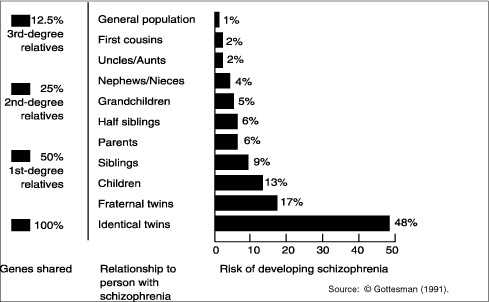A recent commentary from “Longevity Docs” newsletter:
Should We Be Testing Teenagers for Longevity?
This week in the chat, a physician asked:
“Healthy tween/teen, wants baseline labs for hormonal, longevity and overall health. What would all be on your list?”
Some docs recommended core markers like lipids, Lp(a), ApoB, homocysteine, uric acid, vitamin D, and CBC . One added fasting insulin, C-peptide, leptin, adiponectin, resistin , and even DEXA when relevant.
Some advised caution. Others called it smart prevention — especially when subtle symptoms or family history are present.
The question sparked thoughtful clinical insights — and a bigger conversation around the future of prevention:
When does curiosity become pressure? And how do we guide wisely without overstepping?
 5 Reasons You Should Test
5 Reasons You Should Test
-
Family history matters: early cardiovascular or cancer makes a strong case for early screening.
-
Early signs, often overlooked: fatigue, mood changes, weight shifts, or period irregularities may signal deeper issues.
-
Common Deficiencies Go Undetected
Low iron, D, B12, zinc, and omega-3s are frequently missed in “healthy” kids.
-
Mental health has a metabolic link : hormonal and insulin dysregulation can mimic or magnify anxiety and depression.
-
Good data builds good habits: testing can foster body literacy and long-term health confidence when done thoughtfully.
 5 Reasons You Shouldn’t (Yet)
5 Reasons You Shouldn’t (Yet)
-
No strong clinical reason: if a teen is thriving, testing might create stress without adding value.
-
Testing can create obsession: especially in achievement-driven families, it can feed anxiety and fixation.
-
Adult ranges aren’t always relevant: most labs aren’t calibrated for teens, making interpretation tricky.
-
Risk of over-medicalizing normal: a dolescence is dynamic, not every deviation requires intervention.
-
Data ≠ wisdom without context: results must be interpreted with clinical expertise, not Google searches.
Dr. David Luu’s Note
Testing should never be done in isolation.
It should be:
- Doctor-driven
- Based on clinical judgment
- Paired with clear education and consent : from both the teen and the parents
- Focused on outcomes , not just numbers
- Integrated with lifestyle education , mental health, sleep, nutrition, and movement
- Used to assess the whole human, not just the lab work
As more companies target Gen Z and tech makes lab data easier to access, interpret, and personalize, we’re entering a new era of proactive health .
And while caution around over-testing is important, it shouldn’t overshadow the daily, unspoken health risks our teens face: social media, ultra-processed food, alcohol, sleep loss, drug exposure.
We need to guide the next generation with context, consent, compassion - and real science.
Longevity medicine starts early — but it should never start without trust.
Let’s lead the next generation with wisdom.

 5 Reasons You Should Test
5 Reasons You Should Test 5 Reasons You Shouldn’t (Yet)
5 Reasons You Shouldn’t (Yet)